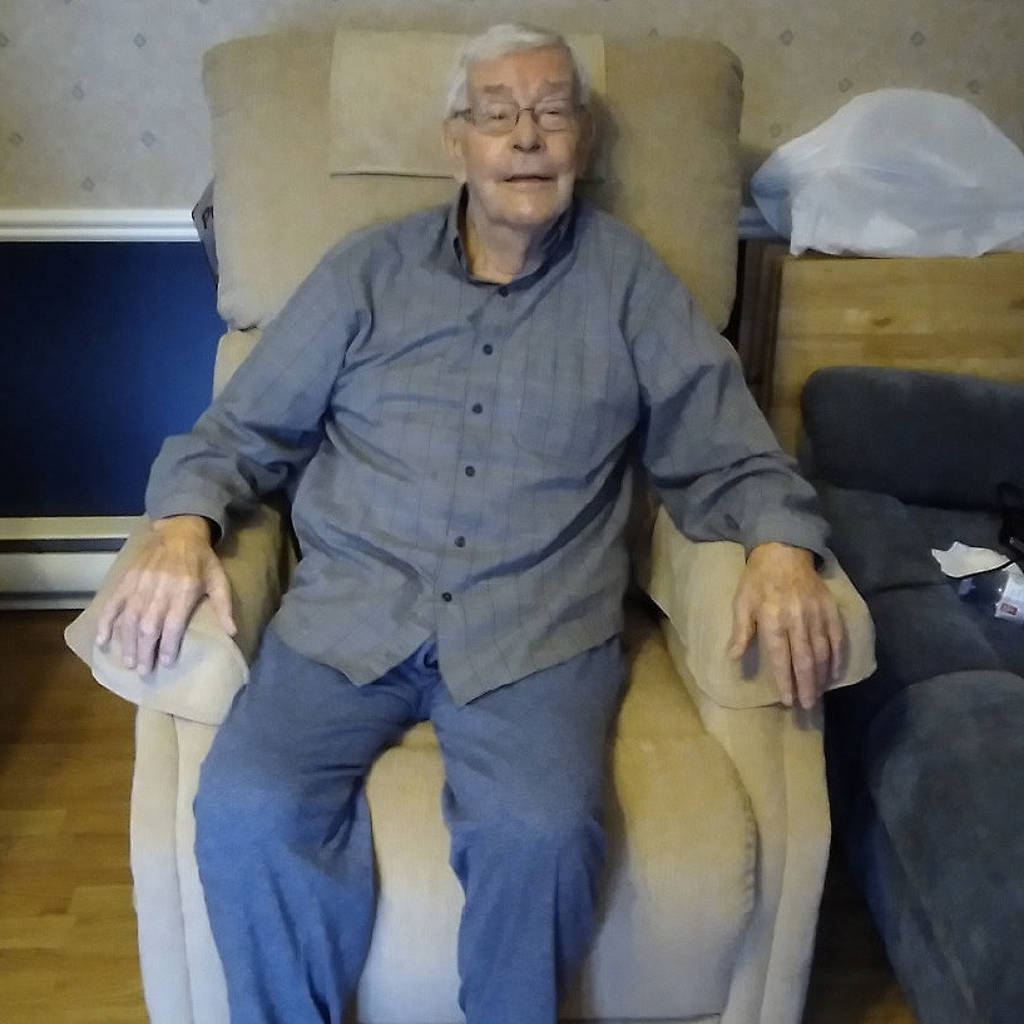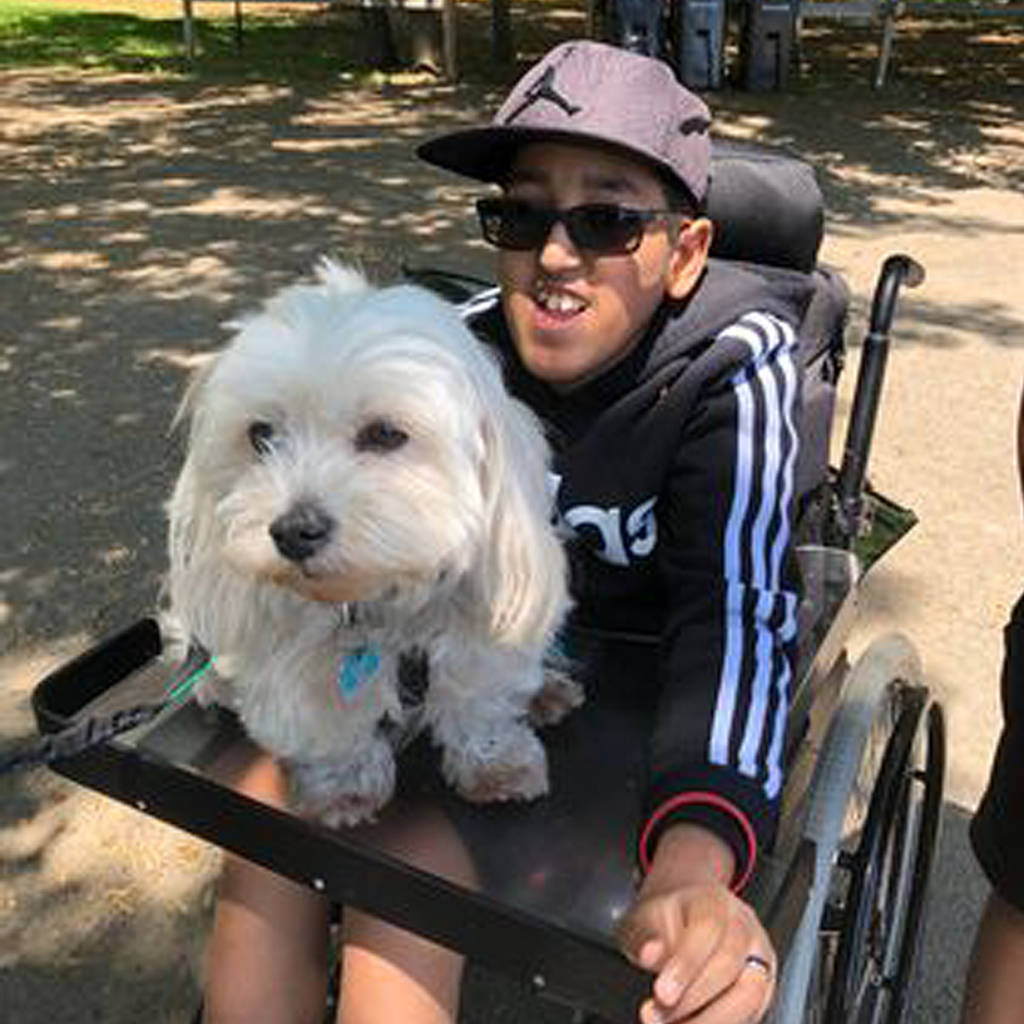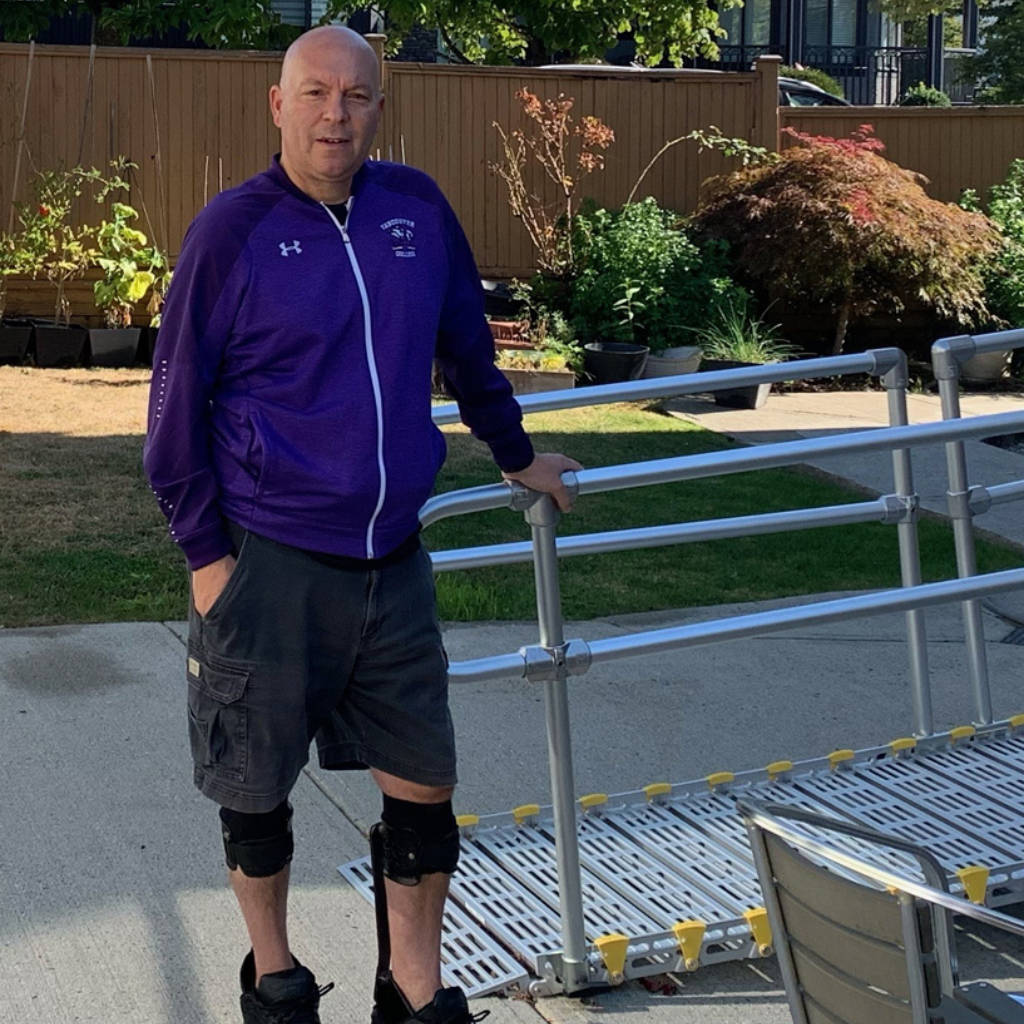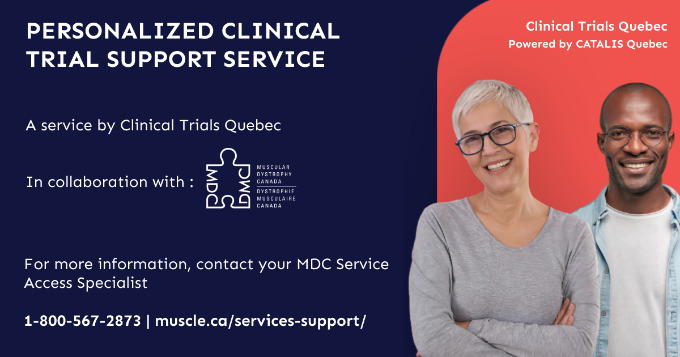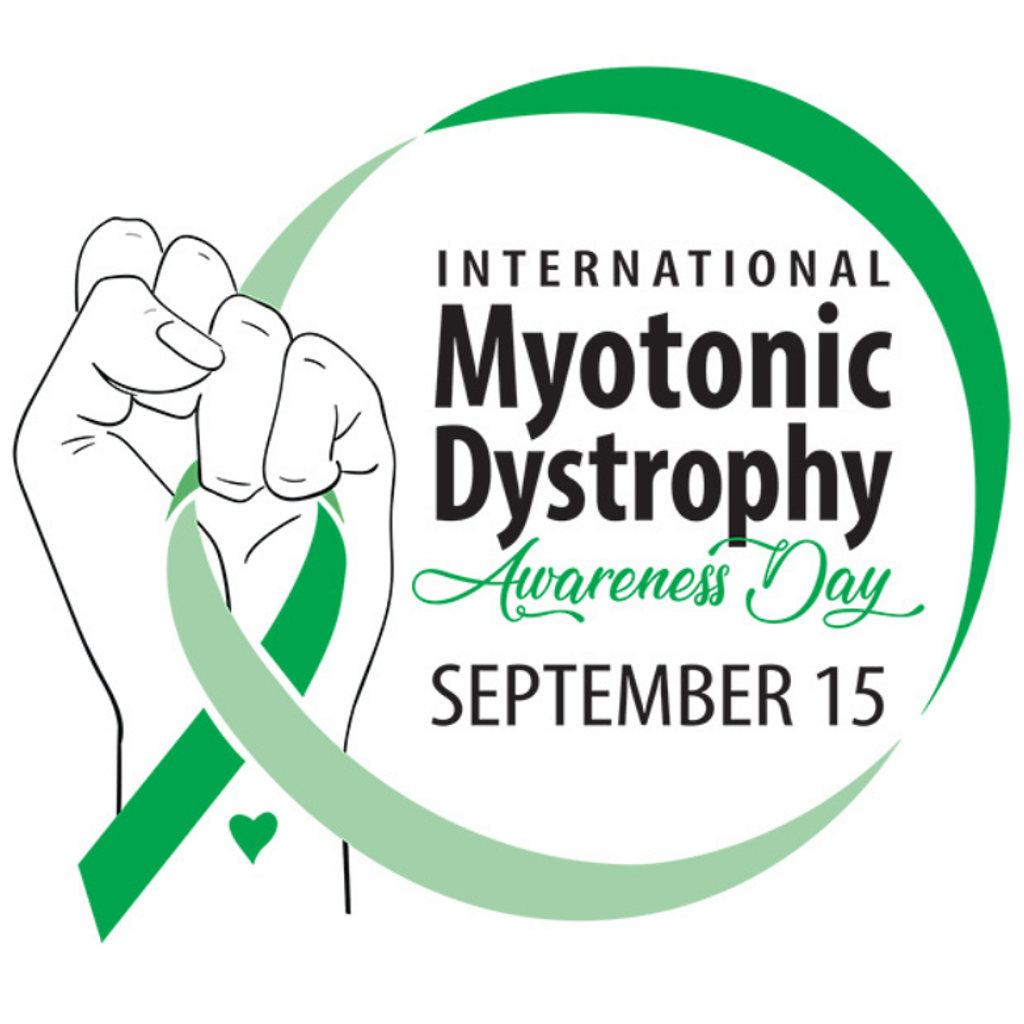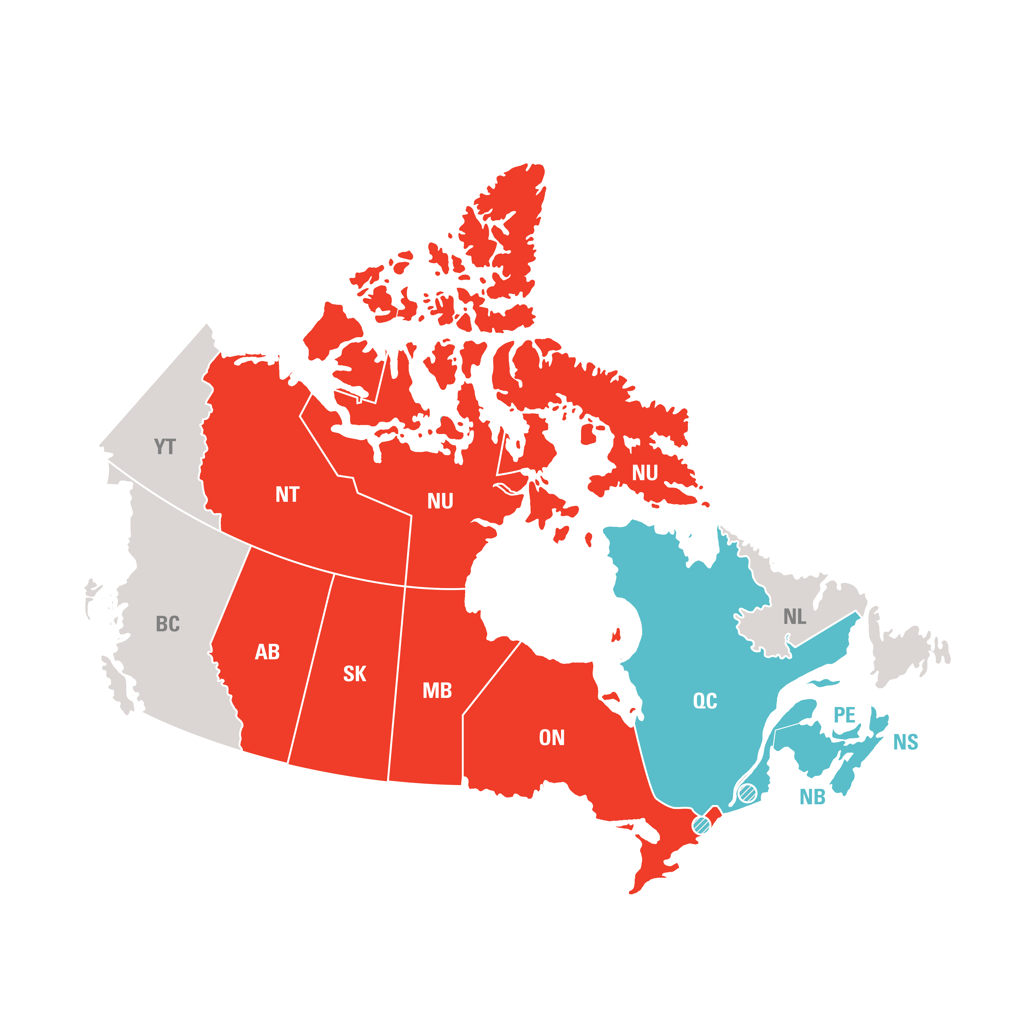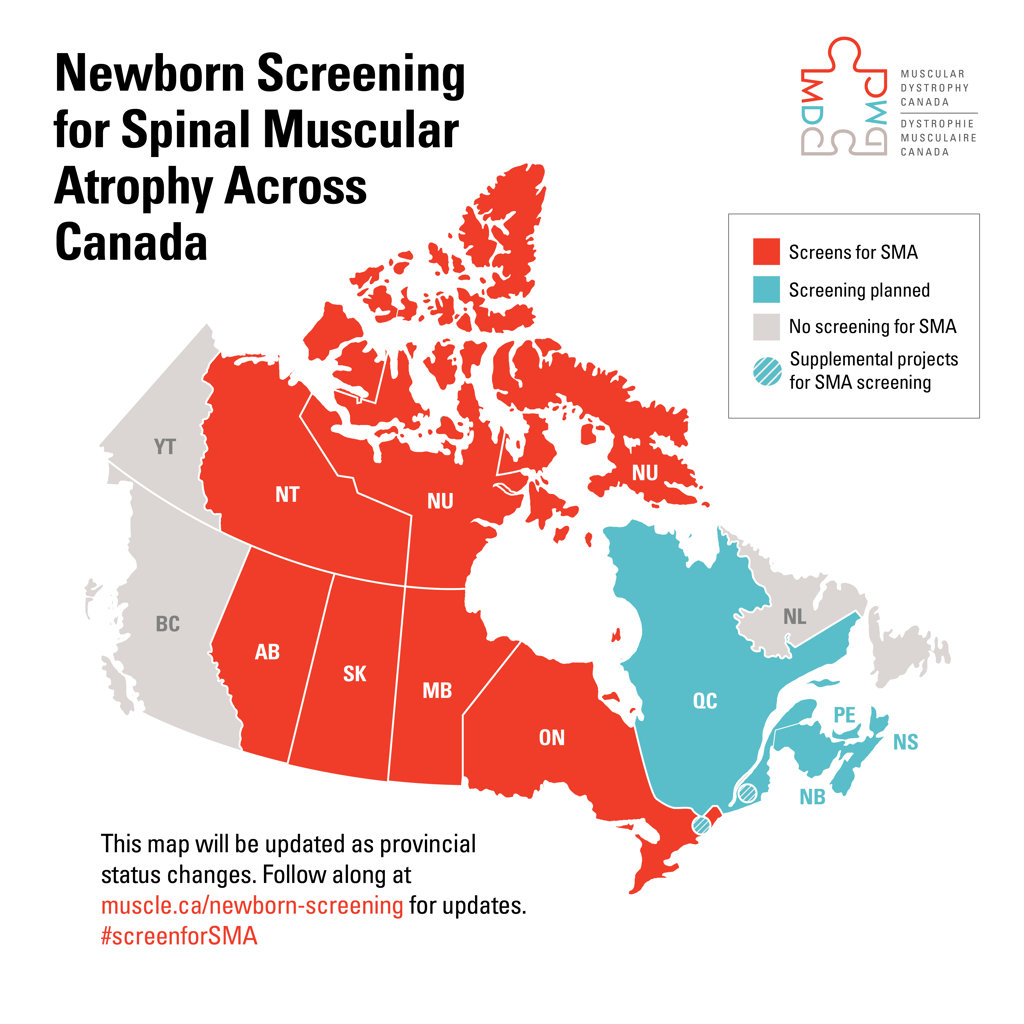For years, Elude complained of pain in his legs that would not go away and after several doctor’s visits, he was diagnosed with oculopharyngeal muscular dystrophy. As his disease progressed, it became increasingly difficult for Elude to complete everyday tasks and his wife, Gaétane stepped in to support.
For more than 30 years, Gaétane has struggled to take care of everything on her own including completing daily chores, caring for Elude and maintaining their home in New Brunswick. Then eight years ago, Elude’s condition deteriorated. Thankfully, one of their nurses told them about Muscular Dystrophy Canada (MDC).
“We asked for help to purchase equipment including a machine that helps to clear Elude’s throat, and mobility devices like a walker and a chair lift,” Gaétane said. Having access to these devices greatly improves Elude’s mobility, giving him greater enjoyment and quality of life.
MDC also supports caregivers, like Gaétane, who receives a few hours of domestic help each week, giving her a much needed break to recharge. Those few hours ensure she is her best self when at home with her husband.
Your gift today will enable MDC to continue delivering life-changing programs that help families, like Elude and Gaétane, enjoy greater independence and an improved quality of life from the comfort of their own home.
Your generosity today means that MDC clients can count on us for supportive programs and services, while we continue to fund research and champion advocacy efforts on their behalf.
Because of you, we can partner with families in your community who need it most.
The gift you make today will change lives.

